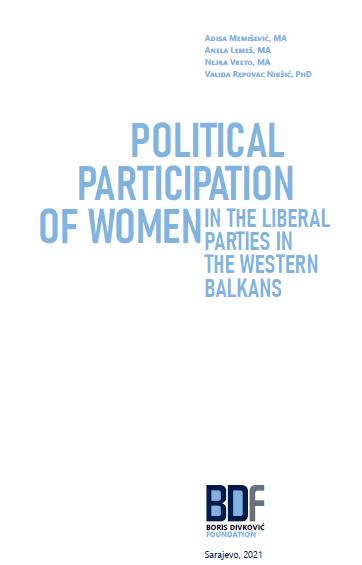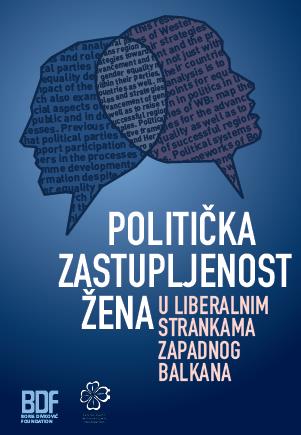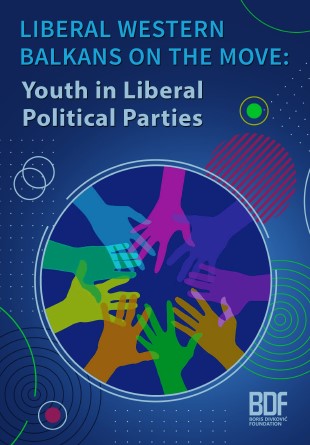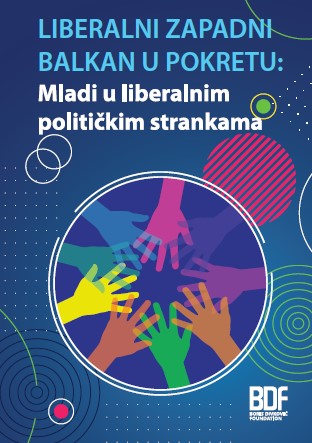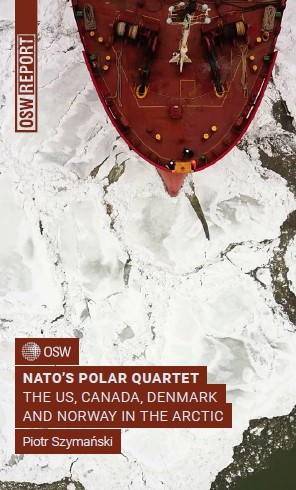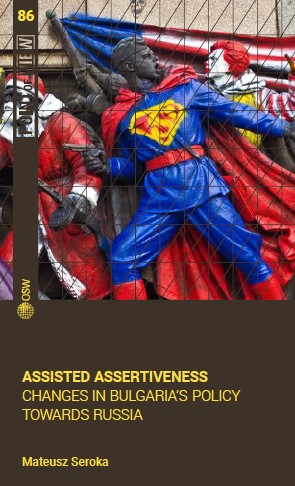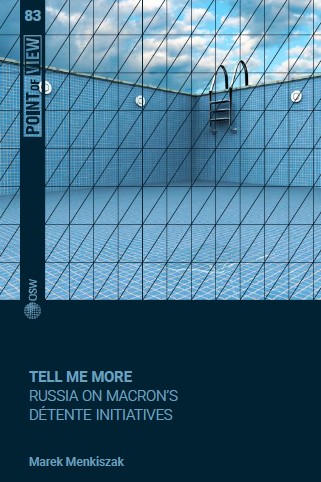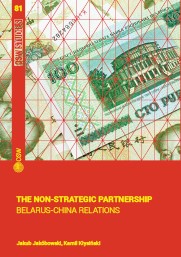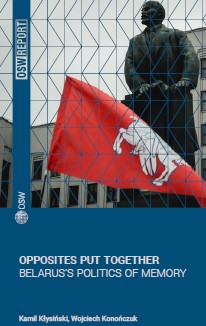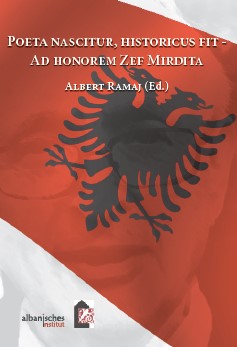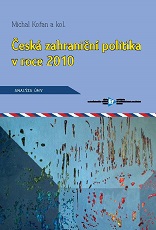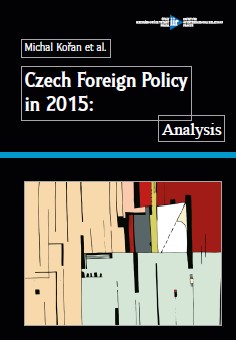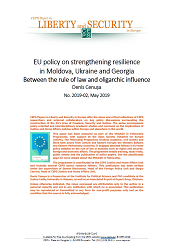
EU policy on strengthening resilience in Moldova, Ukraine and Georgia. Between the rule of law and oligarchic influence
The state capture and oligarchic control of political power and electoral processes in the associated countries of the Eastern Partnership – Georgia, Moldova and Ukraine – are acknowledged by EUinstitutions, civil society organisations and in public opinion. That inevitably puts pressure on the resilience of these three countries, in addition to Russia’s aggressive campaigns, carried out with or without the use of conventional weaponry. This policy brief looks at the EU’s actions to invest in and consolidate the rule of law, in the direction of stimulating internal resilience. It provides a range of arguments supporting the idea that the EU is not sufficiently tackling the oligarchic influences inMoldova, Ukraine and Georgia. These are followed by timely recommendations for the EU institutionsto remedy the situation.
More...
